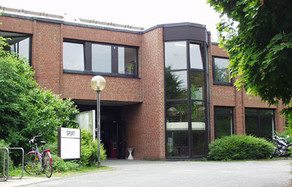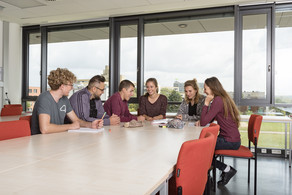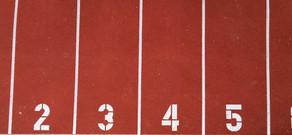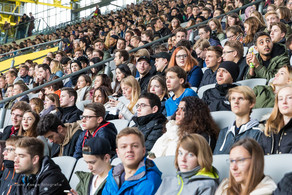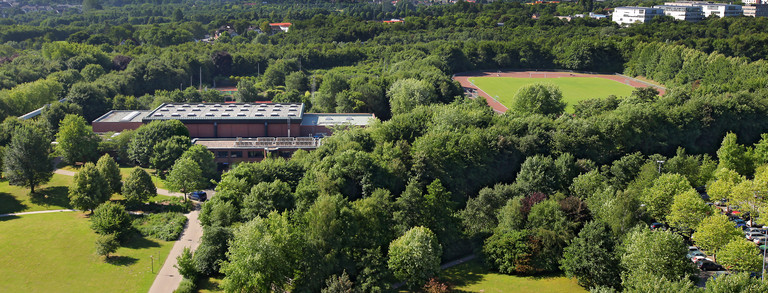Learning how to swim for children with a migration background - An analysis of the framework conditions in NRW
| Project Management: | Prof. Dr. Thomas Jaitner |
| Collaborators: | |
| Client: | State Chancellery NRW |
| Duration: | 10/2020 - 02/2021 |
Contents and goals
The ability to swim is a cultural asset that has grown over the past centuries and is a prerequisite for being able to actively participate in the culture of movement, play and sport. In addition to life-saving objectives, such as the prevention of drowning accidents, swimming education has other functions that support health and development. When looking at socio-demographic dimensions, it becomes clear that there are fewer children with a higher social status among the non-swimmers. If the family environment, among other things for cultural reasons, has less relation to swimming and the movement space water, possibly even can not swim themselves, the difference is amplified by the 'intergenerational inheritance' and often justifies a higher rate of non-swimmers in the group of children with migration background.
An important component for a comprehensive access to the target group is therefore the school swimming lessons. The aim of the project is therefore to shed light on the following questions:
- Which framework conditions of school swimming lessons have a promoting and inhibiting influence on the swimming ability of children (with a migration background)?
- Which strategies do teachers develop in order to successfully organize their swimming lessons despite diverse heterogeneous learning groups?
Exemplary for the location Dortmund, the personal and organizational support structures were illuminated using the example of swimming assistants and local cooperations via qualitative, guideline-based interviews with employees from schools, sports clubs and the municipal organizational level (n=6). In addition, an online survey and in-depth individual interviews (n=4) with sports teachers provided insights into the development of intercultural competence through education and training structures.
Results
The results of the pilot project show that the opportunities and challenges in school swimming education are diverse for the respondents across target/age groups. Conspicuous, from the point of view of the interviewees, are declining swimming/water pre-experiences among children and adolescents from weaker social areas. Special framework conditions for children with a migration background, such as parental education and dealing with low language skills, gender roles and physicality, must be taken into account from the very beginning. However, due to the general structural conditions (learning group heterogeneity, staff/organizational structures, etc.), they often take a back seat. The use of well-trained swimming assistants and the increased thematization of culturally sensitive content and organizational possibilities in the training and continuing education of physical education teachers can make school swimming lessons more target group-oriented.
In order to generalize these findings beyond the Dortmund location, it is recommended that the pilot project be expanded to other cities and districts in NRW. In addition, the development of a swimming-specific test battery would be of great benefit for a nationwide survey of demand and a review of the effectiveness of the project.
Wolter, V., Sendt, A., & Jaitner, T. (2022). Learning to swim of children and adolescents with migration background. A pilot study on everyday life in school swimming lessons. Forum Kinder- und Jugendsport, 3(1), 50-56. DOI: 10.1007/s43594-022-00063-y.


